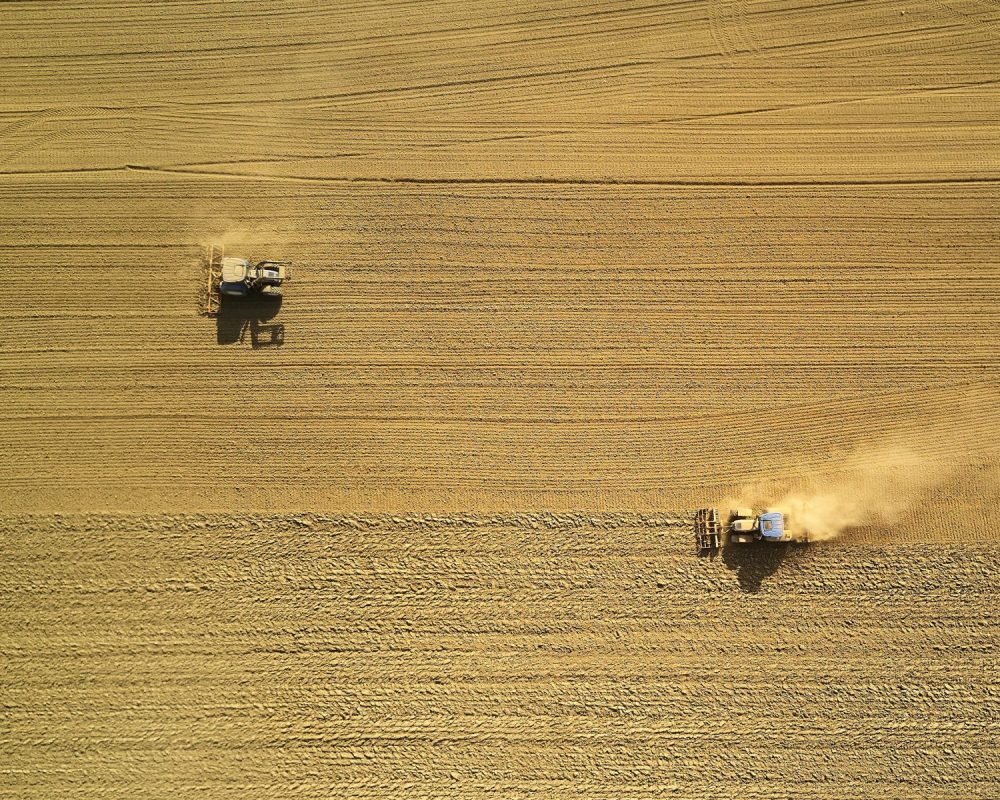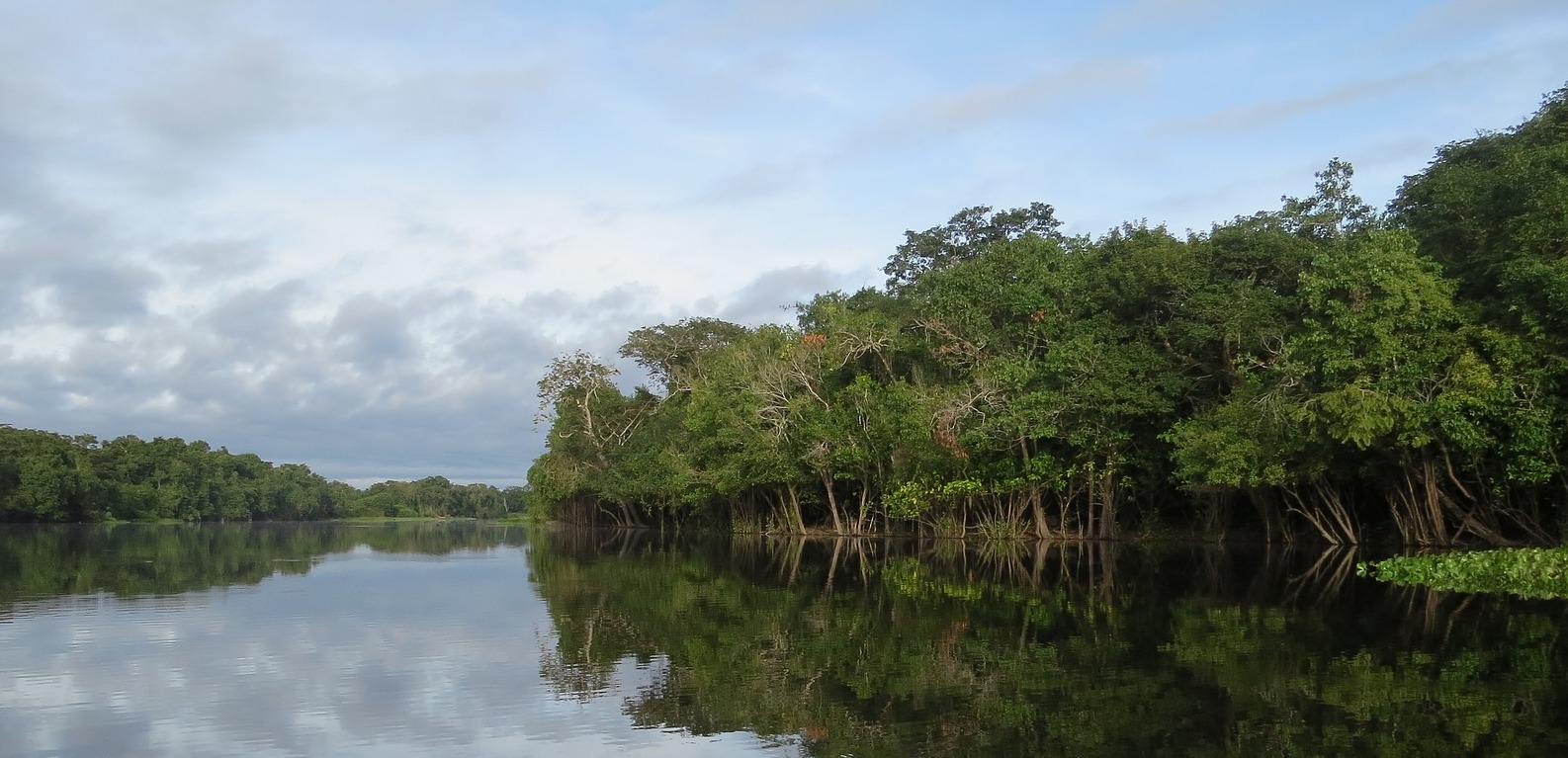-
Research brief: New insight into plant growth under climate change

The application of a simple carbon balance model, combined with a data assimilation approach, has the potential to improve the process understanding embedded in models, which is used to predict responses of the carbon cycle to climate change.
-
Research brief: Here’s what happens when you turn off convective parameterisations

Convective parameterizations are widely believed to be essential for realistic simulations of the atmosphere, but are crude in today’s weather and climate models. CLEX researchers, report on what happens when a number of these models are run with these schemes simply turned off.
-
Research brief: Droughts inconsistently represented across climate models

This study evaluated GCMs for common drought metrics during the past 55 years. It found different models can produce very different simulations of drought, depending on the type of drought and metric analysed. The study points to a need to improve GCMs for droughts to reduce uncertainties in future projections.
-
Research brief: Tropical thunderstorms strengthen without cold pools

In contrast to expectations, tropical thunderstorms without cold pools actually intensify, demonstrating unequivocally that cold pools can be detrimental to convection. Further investigations suggest that organised systems become maintained through atmospheric wave-convection interactions, which is a significantly different process to the established theory.
-
Research brief: Future climate risk from compound events

CLEX researchers writing in Nature Climate Change suggest a paradigm shift in how climate scientists approach climate change impact assessments. They suggest examining the system or potential catastrophe first instead of making the starting point a climate scenario.
-
Research brief: Marine heatwaves increase around Tasmania

Centre of Excellence researchers have identified 12 marine heatwave types off the east coast of Tasmania, a location recognised as a global warming hotspot. Here the average sea surface temperatures here have been rising at four times the global average and trends in marine heatwaves are showing significant increases in number.
-
Research brief: New research rewrites Southern Ocean mixing calculations

World-first modelling research– which used several million CPU hours in Australia’s fastest supercomputer, Raijin, and ran calculations non-stop for over a year – has revealed the Southern Ocean mixes water between the depths and surface far more easily than previously thought.
-
Research brief: Why record-breaking droughts had very different impacts on Amazon forests

In 2005 the Amazon experienced a once in a century drought. Five years later, in 2010, it was struck by an even worse drought, with even lower rainfall occurring in the dry season. However, the response of the Amazon forest to these two once-in-a-century events showed marked differences.
-
Research brief: How plants survive droughts

Understanding which plant species can recover from drought, under what conditions and the processes involved, will help researchers predict plant mortality in response to global climate change. In response to drought, some species die because of embolism-induced hydraulic failure, while others recover, following rehydration. This research focuses on structures and processes that might allow some plants…
-
Research brief: More than photosynthesis reduced when plants under stress

The reduction in growth of plants restricted by limitations on nutrients, temperature and/or water stress, didn’t just reduce photosynthesis but led to negative feedbacks in plant carbon balance processes.
